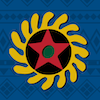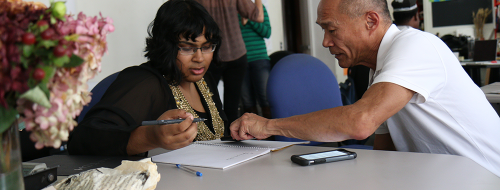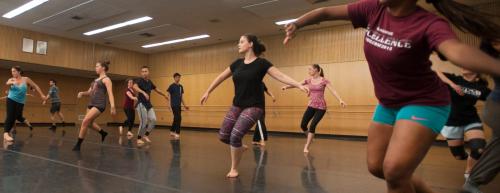The verdict is in from the Chauvin trial. Guilty as charged. We acknowledge that the news may affect people in different ways. Some feel relief, some feel anger that it took “this much trauma” to get a guilty verdict. Others have said that they feel like they are on a roller coaster, and they just need to “take a break for a while.” In whichever way you are processing, please continue to take care of yourselves. We acknowledge the triggers, the pain, the trauma around the Chauvin Trial, the continuing struggles – throughout the pandemic, the continuing hurt in communities, concern for the need to combat historical racism and white supremacist actions against many groups of people, and the mourning for lost lives on a list that is much, much too long.
DEI and other offices across campus hope that the resources shared here will help with processing whatever you may be feeling during this time. We’ve shared some letters and along with some upcoming sessions to let you know that you are not experiencing your feelings in isolation. We are a community.
shares her thoughts and emotion with UC Davis about the meaning of today’s guilty verdict.
“Please take care of yourselves and take care of each other.”
VIRTUAL PROCESSING & COMMUNITY SPACES

Center for African Diaspora Student Success

Center for Chicanx and Latinx Academic Student Success

LGBTQIA Resource Center
Pablo G. Reguerín, Vice Chancellor for Student Affairs
We continue to experience tragedies and manifestations of racism and violence throughout our country and these acts come one after the other—often not leaving time to process and heal. The killing of Daunte Wright and continued violence against the Asian American/Pacific Islander communities are amongst the most recent examples we are working to process, heal and create change. This is a lot, it’s not easy and we have varying needs and experiences.
I encourage and support you all in practicing self-care as an ongoing practice and thinking about how we can support ourselves and the students we serve. We can also support each other in our daily interactions by leading with compassion and empathy and allowing for time and space to tend to personal needs. I know many of you are doing this, and I remain committed to taking action and sustaining a caring community in student affairs and beyond.
COUNSELING AND ASSISTANCE
Academic and Staff Assistance Program (ASAP)

The Academic and Staff Assistance Program provides mental health services for staff and faculty and their immediate families. This message is from the directors: “We need to look out for the people we serve and we have to be OK ourselves in order to do that. It’s been a struggle for many of us to be OK lately and that’s understandable. Fortunately, UC Davis has a commitment to our collective well-being and provides resources like ASAP to help employees who are feeling distressed. The work all of you are doing is so vitally important to the health and culture of the UC Davis. As meaningful and important as it is though, it can be difficult as well. So given the historical inequities and abuses that are being so painfully highlighted with recent events, please take the opportunity to take care of you.” –Dr. Carol Kirshnit and Dr. Rob Starkey
Student Health and Counseling Services

At Student Health and Counseling Services we affirm the UC Davis Principles of Community: We affirm the dignity inherent in all of us, and we strive to maintain a climate of equity and justice demonstrated by respect for one another. SHCS is committed to affirming and providing support for all our students who have been directly or vicariously impacted by experiences of racism, discrimination, prejudice, bigotry, aggression and violence and to challenge ourselves to advocate for equity, inclusion, and fairness.
Campus Community Book Project Mental Health Resources
Campus Community Book Project event recordings: Currently we have 15 videos available, many of which address head-on strategies for resilience and issues related to bias, racism, and structural inequities in mental health and mental health care
Campus Community Book Project mental health resources page: This project was made possible by a number of contributors, and we recently added social media resources for BIPOC communities
Campus Community Book Project mental health bibliography: For additional reading curated by a UC Davis Librarian on the topic of mental health, from non-fiction to fiction to memoir
